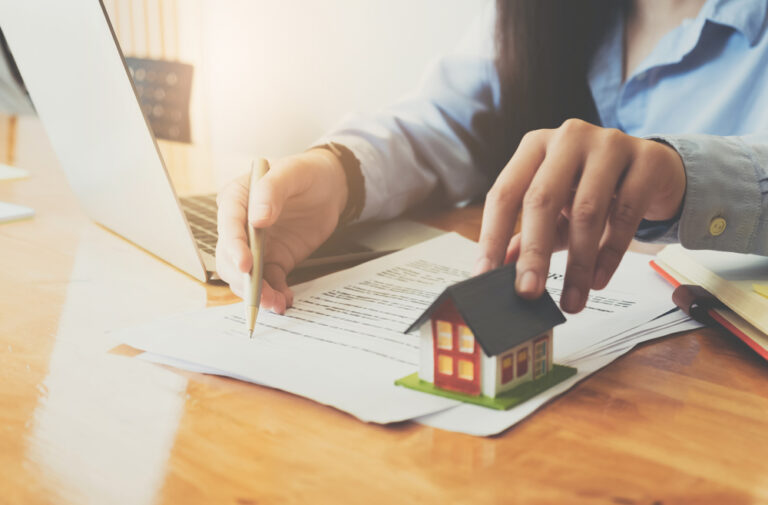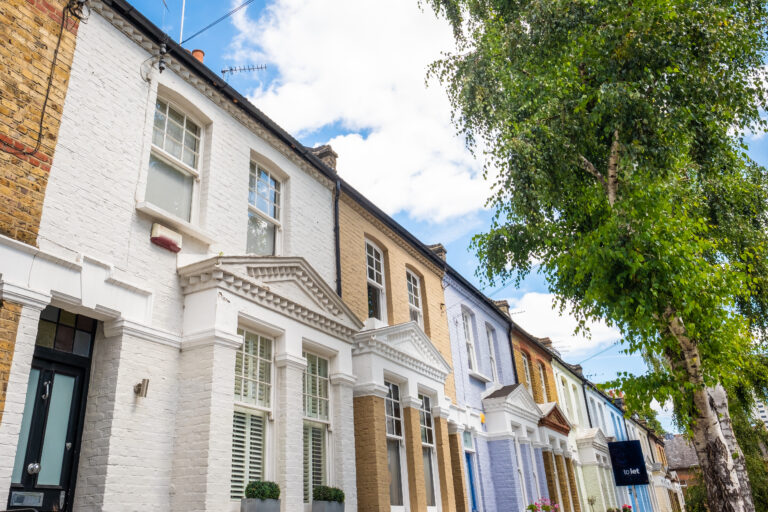The rights and responsibilities of both landlord and tenants are laid out in the tenancy agreement. These are some of the main ones to be aware of:
Landlord and tenant rights
|
Landlord’s rights |
Tenant’s rights |
|
The landlord has a right to receive the agreed rent on the date stated in the tenancy agreement. |
To be protected from unfair eviction and unreasonable rents. |
|
To grant or refuse permission to sub-let or take in lodgers. |
To live in the property in ‘quiet enjoyment’, ie to live in the property as their home, without harassment. |
|
To grant or refuse permission to smoke inside the property. |
To live in a property that is safe and in a good state of repair. |
|
To grant or refuse requests to keep pets. |
If it’s an Assured Shorthold Tenancy, to have their deposit protected in a government-approved scheme, and have it returned at the end of the tenancy. |
|
The right to access and inspect the property to evaluate its condition and state of repair, as long as at least 24 hours’ notice is given (except in an emergency). Two forms of notice, e.g. email or text and follow-up phone call, as this ensures the tenant has received the message and leaves a trail in case of any dispute. |
To be given at least 24 hours’ notice of an inspection by the landlord or agent, and that visits take place at a reasonable time of day which is convenient to the tenant and while they are present. |
|
|
To know who their landlord is. |
Landlord and tenant responsibilities
|
Landlord’s responsibilities |
Tenant’s responsibilities |
|
To provide the tenant with a copy of the tenancy agreement |
To look after the property in a way that avoids damage. |
|
To take meter readings on the first day of the tenancy and test smoke alarms. |
To pay utility bills on time. |
|
To ensure prescribed information such as EPCs, gas safety certificate and the government’s ‘How to Rent’ guide are given to the tenant at the start of the tenancy |
To maintain fixtures, fittings and amenities, eg change light bulbs, test smoke alarms and change smoke alarm batteries. |
|
To maintain the property in good working order, ensuring the structure and exterior are in good repair. |
To report any maintenance required. Failure to do so could mean the tenant is liable for repairs, if a problem could have been prevented by early action. |
|
To provide safety certificates from qualified experts to show gas and electrical items are in a safe condition. (where applicable) |
Normally garden maintenance and mowing the lawn. |
|
To ensure all furniture and fixtures adhere to fire safety regulations. |
Tenants are also responsible for the actions of their visitors. |
|
Ensure smoke alarms and if required carbon monoxide alarms are fitted to the required standard. |
To secure the premises when leaving it unoccupied and advise the landlord/agent if the property will be empty for more than two weeks. |
|
To issue a copy of the Energy Performance Certificate, as well as gas and electrical safety certificates. (where applicable) |
To ensure waste is properly disposed of. |
|
To respond to tenants’ request for repairs within 14 days in writing. |
Not to act in an antisocial manner, eg through loud music or unruly behaviour. |
|
To carry out most repairs and deal with issues raised by the tenant within a fair timeframe. |
Not to cause damage to neighbours’ property. |
|
To be clear if any appliances or furniture that have been supplied will be replaced |
To give proper notice when they wish to end the tenancy. |
|
To keep floors, paths and stairs in good repair and free from tripping hazards, upon notification from the tenant/s. |
To pay for damage to the property, whether caused by the tenant, or by disrepair resulting from refusal to grant access to the landlord for inspections. |
|
To ensure the property can economically be kept at a reasonable temperature (between 18° and 21°C) |
To insure their belongings with adequate contents insurance. |
|
To ensure that delivery of utilities (gas, electricity and water) is safe and in working order. |
To keep the property clean and tidy, including cleaning windows, unless agreed otherwise with the landlord before the tenancy begins. |
|
Give the appropriate notice to the tenant to leave the property or regain possession. |
In most cases, the tenant is responsible for managing any rodent infestations, including paying for pest control if required. |
|
To return the deposit to the tenant in accordance with the tenancy scheme it is protected in. |
To manage condensation issues by opening windows and ventilating the property, e.g. using extractor fans during and after showering. |
|
To secure the correct licence for the property if applicable. |
To pay for replacements if keys are lost, or for the locks to be changed, if required. |
|
|
To seek permission before decorating or making changes to the property. |
|
|
Even if the tenant is claiming Housing Benefit or Universal Credit, they are responsible for the rent as the tenancy agreement is between the landlord and the tenant, not the local authority. |
“We work closely with our landlords to help them build good working relationships with their tenants, and keep the communication lines open. Happy tenants mean happy landlords!”




